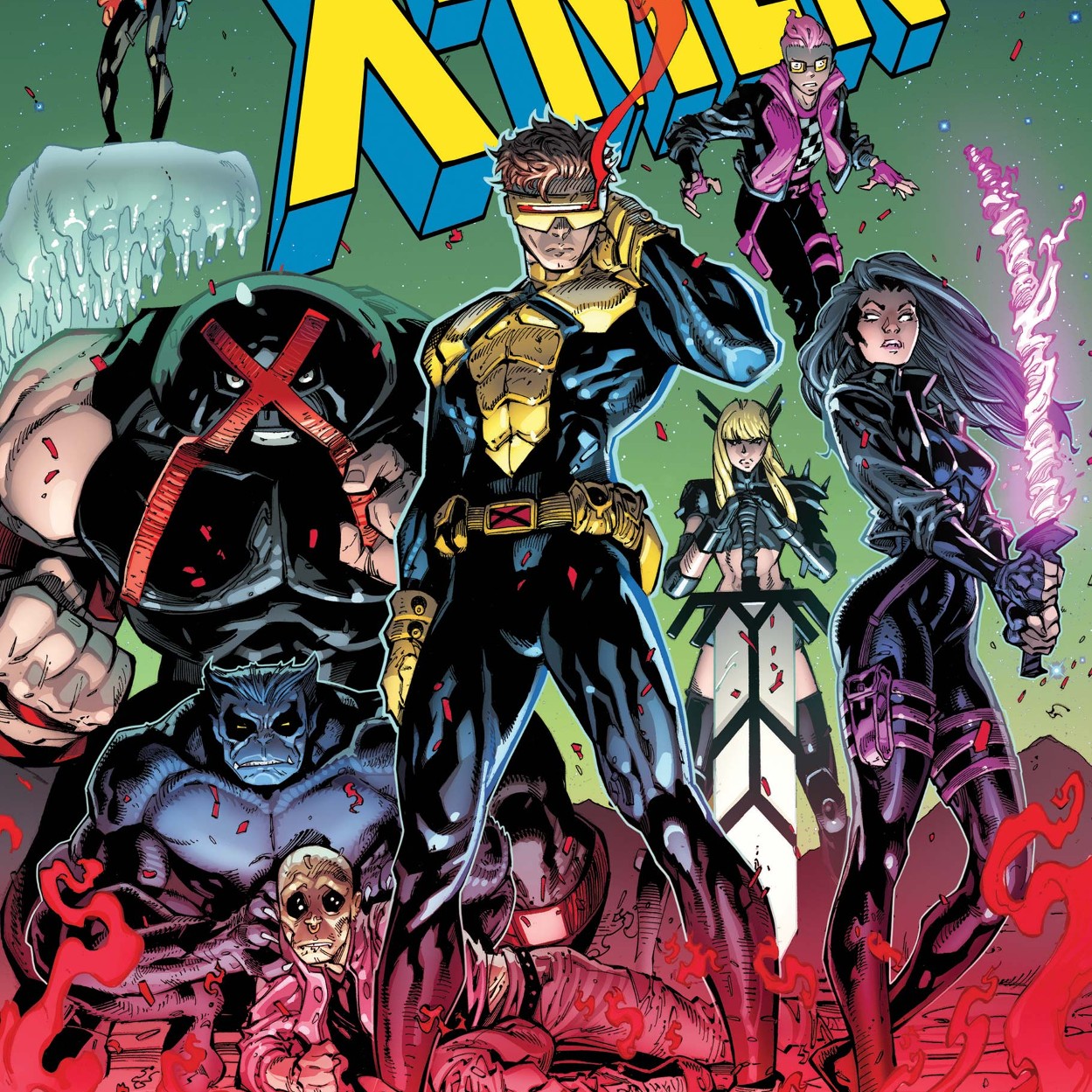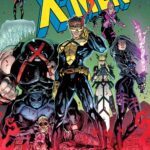
With Krakoa a not-so-distant memory, X-Men #1 returns to the struggle of protecting a world that hates and fears them —for better or worse.
The Krakoan Era was always going to be a tough act to follow. Even if it sort of went out with a whimper in the final act, Krakoa was a seismic shift in the history of the X-Men. It breathed new life into the franchise after half a decade of creative stagnation across all mediums; it was also, unfortunately, always destined to end. Such is the status quo of superhero comics. But unlike the Phoenix herself, however, superhero comics also constantly rebirth themselves into new —or not-so-new— forms. That’s how we got to Krakoa. It’s also what brings us X-Men #1.
X-Men #1 is the first official piece of the “From the Ashes” relaunch, set to run simultaneously with two other core titles bearing the X-Men name (Uncanny and Exceptional) that each present a different perspective of the post-Krakoan life for mutants. This team, headed up by Magneto and Cyclops, have set up shop at a reclaimed Orchis facility in Alaska; their stance on mutant affairs is proactive and unwavering. They want to keep fighting for a world that once again hates and fears them, but they also seek co-existence with non-mutants. Based on early chatter around the new titles, it seems Uncanny will present the opposite of this take —apprehensive heroism in an unjust world— while Exceptional will be about intergenerational teamwork and finding compromise within it.
These are solid tenets for a new phase of the X-Men, in my opinion, but it hasn’t stopped some from accusing these new titles of pandering to nostalgia, especially after the recent smash success of X-Men ‘97 and Hugh Jackman’s looming return in Deadpool & Wolverine. I think that’s sort of an unreasonable criticism because nothing in this title specifically seems like a rehash of old X-Men stories beyond, well, the whole premise of the thing being reiterated. (Example: the school has been turned into a prison for the sole purpose of Xavier’s containment, which I wouldn’t really call “fanservice.”) The X-Men are defined by their struggle as an allegory for various civil rights movements, and that’s always going to be a setting they return to. Sure, it’s not as exciting or unexpected as Krakoa was, but nothing in the immediate aftermath of it was ever going to be. Status quo is God, and everything snaps back (mostly) to the original flavor eventually.
X-Men #1 is perfectly solid. Jed MacKay has a pretty good grasp on these characters on the whole, even if some don’t get as much focus as others —the original sin of any team-based title— while Ryan Stegman’s art looks great on the page. It makes sense for this to be the opener of the “Ashes” era; familiar enough to serve as a jumping-on point, but not so detached from recent continuity as for it to feel jarring. (Which, admittedly, House of X #1 did feel at the time compared to what directly preceded it.) I’m personally more excited for some of the upcoming side stories, namely NYX (a relaunch of the cult favorite youth-based title) and X-Factor (returning the concept of a government-sponsored mutant team) than any of the aforementioned core titles, but I’m curious to see what they do.
In the world of ever-shifting cape comics, all you can really do is have an open mind and hope for the best — and failing that, simply tune out for a bit until it’s back to your personal liking. X-Men #1 and this era of the franchise isn’t likely to inspire passion in anyone like its predecessor did, but at this point in modern fandom discourse when everything is toxic and non-stop negativity, that’s a concept as radical as Krakoa itself was.



![[REVIEW] SAYING GOODBYE TO DEXTER IN ‘NEW BLOOD’](https://geekd-out.com/wp-content/uploads/2022/01/Screenshot-2022-01-18-at-20-28-05-Dexter-New-Blood-2021-150x150.png)
![[PODCAST] THE COMICS AGENDA: STOP THE PRESSES!](https://geekd-out.com/wp-content/uploads/2017/11/comics-agenda-2-150x150.jpg)